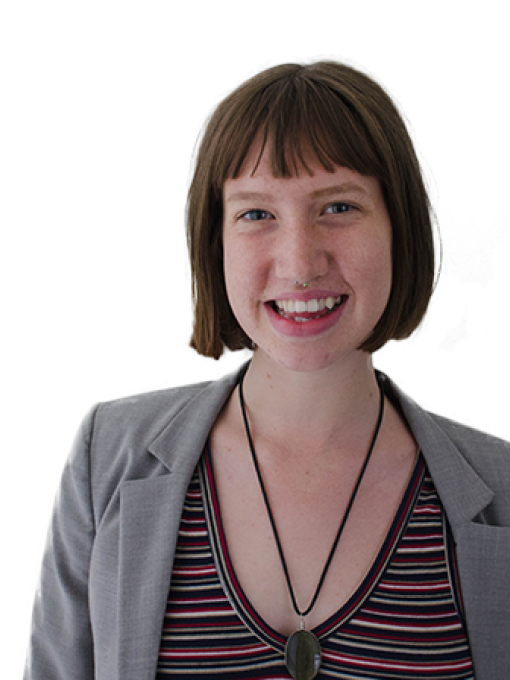On Tuesday morning, I greeted a flock of 5th graders from Moses Brown School in Rhode Island. These ten-year-old children had arrived at FCNL for lobby training.
By fifth grade, most are successful lobbyists within their own right. To demonstrate this, we tell the students that if you’ve ever begged your parents for a puppy, to stay up later, or to sleepover at a friend’s house… you have lobbied! The teachers then engaged the kids with questions to break the ice. The students raised their hands to connect the motivations of FCNL lobbyists to the corresponding Quaker SPICES. Phin, a boy with a buzzing brain, successfully named us all his congressmen.
At last, it was time for each group to pick a topic to lobby their teachers on. To give more structure to this practice as a political tool, we began to walk through the Lobby Visit Roadmap. The teachers explicitly warned the young lobbyists their “ask” could not be for more recess… a statement met with a sigh of anticipated disappointment.
Once we split up into small groups, roles were strategically assigned amongst group members. When asked who wanted to be the group’s note taker, all six boys simultaneously declared their lack of penmanship: “If you ask anybody in our class they’ll say that I have the worst handwriting.” After a few impassioned minutes, they decided that the group’s best listener (the quietest) would be their note taker.
Next, the boys discussed what their “ask” could be. A student named Jack suggested restructuring indoor recess time. The group’s chaperone, Ron, was quick to remind this student that they could not lobby about recess. Jack then calmly reminded his teacher, that they could not lobby about more recess. An energetic discussion ensued and the six boys finally decided that their ask would be for “less homework.” Each student shared a story about how the daily “loads” of homework negatively affects their lives. With less homework, students argued that they could spend more time with their family, get to bed earlier, and study more diligently in school. The more fellow classmates shared their truths, the more some quieter students had to contribute. To be clear, the kids were not asking for no homework. Instead, they appealed to their teachers with an “ask” that seemed to have a feasible remedy.
After the boys presented, a group of girls surprised the room with their sensible “ask.” They asked for the school’s silent reflection time to be restructured. The girls gained their teacher’s attention by first acknowledging the benefits of reflection in silence. They argued that the brief silent worship in the morning was not beneficial to their early-morning energetic minds. That perhaps more time was needed to center themselves or that it to occur at a different time, or in a different way. These girls presented their “ask” clearly and supported it with personal stories.
In return, Jeff (their teacher) listened. He took the students seriously because they were not seeking to abolish silent reflection, instead, to restructure it to be more beneficial. Jeff acknowledged that this school policy had not changed in decades and perhaps could adapt to better engage the kids. He sincerely promised the girls that he would bring up their “ask” in the next board meeting.
At the close of training, we sat to reflect. Ron, one of the teachers, mentioned the most important take away from this experience: to never be afraid to ask for what you want in life. The students’ honest and subjective perspectives did not ask for the impossible, only to breathe new life into old traditions. Similarly, when we ask our politicians for something, it is not to abolish the system but to improve/add to the structures at play. We elect our nation’s legislators and therefore, should never be afraid to ask them for the changes we need to see.
Here, is a generation of children not afraid to ask for what they want, their voices carry our weapons of mass creation.
Please come for a visit to learn how to lobby your legislator!
You are always welcome at the Quaker Welcome Center. Check here for upcoming events.


